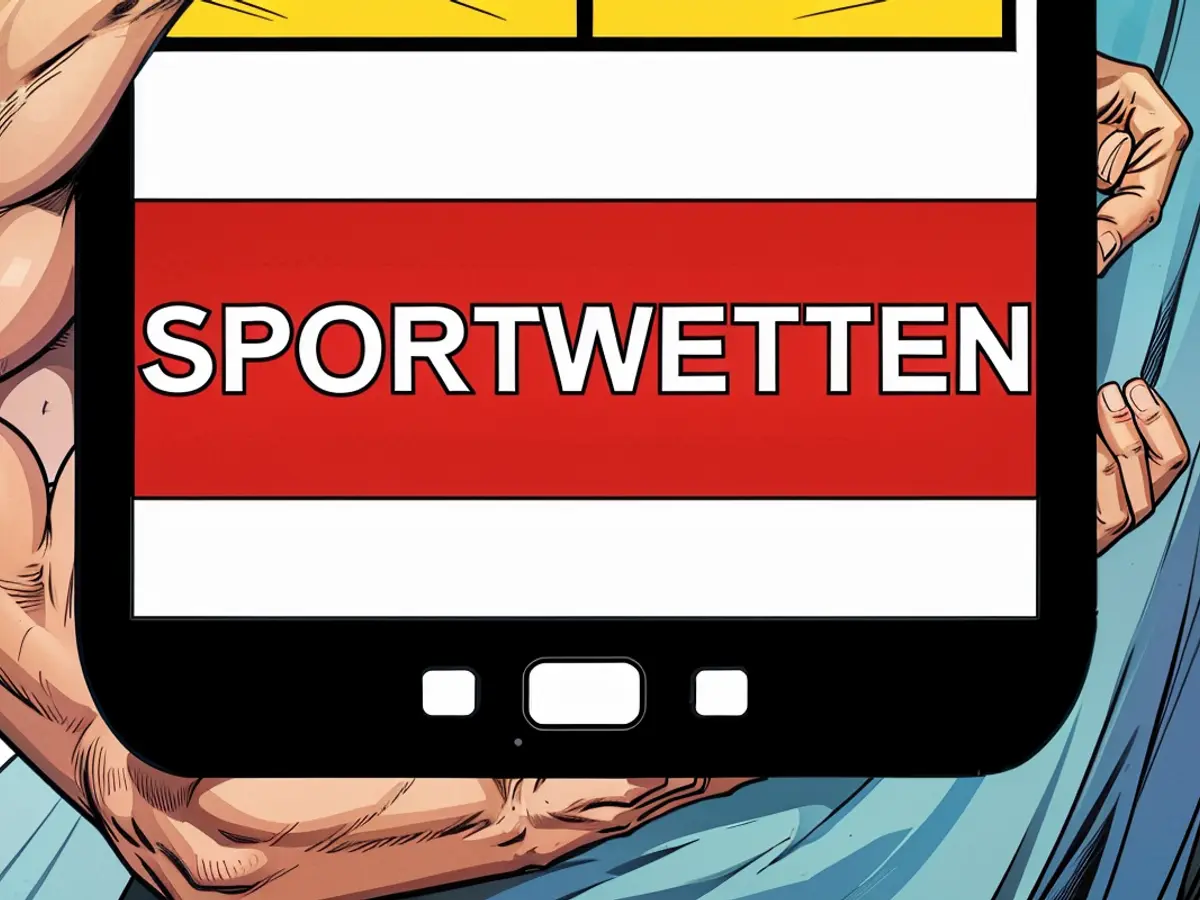Sports betting illegal in Germany - chance of compensation
The Federal Court of Justice (Bundesgerichtshof) has spoken on the matter of sports betting. Many betting providers offered illegal bets in the past few years as they did not have a license. Players can now claim back their losses. Here's how to go about it.
What the Federal Court of Justice hinted at in March has now been confirmed. Sport bets were offered illegally in Germany for years without a license and are therefore invalid. Affected players can claim back their losses for the past ten years. The Supreme Court reaffirmed this statement in a recent case against Tipico (Az.: I ZR 90/23). However, there was no judgment at the time due to the withdrawal of the revision.
Customers have a claim for damages
The Federal Court of Justice has clearly stated in the oral proceedings against Tipico that customers of sports betting providers have a claim for reimbursement of their losses if the provider did not have a German license for sports betting offers. This statement is significant because many providers offered sports bets in large quantities and heavily advertised them in Germany before the first state licenses were issued in 2020. These transactions are now considered invalid by the Federal Court of Justice.
To determine which bets were illegal, it is important to know when the major providers obtained their licenses in Germany:
- Betano (Licence since 2/2021)
- Betway (Licence since 3/2021)
- Bwin (Licence since 10/2020)
- Bet365 (Licence since 10/2020)
- Interwetten (Licence since 11/2020)
- Sunmaker (Licence since 4/2022)
- Tipico (Licence since 10/2020)
According to our research, all the named providers offered sports bets in Germany long before they obtained their licenses and heavily advertised them. For this period before obtaining the license, customers now have the prospect of a damage claim due to the Federal Court of Justice's decision.
It was still unclear until now how far back in time this period would apply. However, the Federal Court of Justice has now made a clear statement. This would mean a ten-year limitation period. Consequently, betting providers would have to reimburse their customers for losses in the period between 2014 and the point in time at which they obtained the license for sports betting in Germany. The duration of this period varies from provider to provider, ranging from six to eight years.
Despite the current Federal Court of Justice decision, we do not assume that the betting providers will pay out without resistance. Rather, it is to be expected that a court case will be necessary in each individual case. This involves costs that must be taken into account. However, there is a clever - and risk-free - alternative to filing a lawsuit yourself.
Affected consumers should first check their claims, for example, free of charge and non-bindingly with the Interest Group Revocation. If the review shows that there are good chances of a damage claim, a process financier can take on all costs for a legal dispute. The customer in this case bears no risk but only pays a percentage success fee if the money is recovered.
Over the author: Roland Klaus is the founder of the Interessengemeinschaft Widerruf. It helps in the enforcement of consumer rights in financial matters and is supported by specialized lawyers in this process.
- many consumers who placed bets with unlicensed sports betting providers in Germany over the past decade may be able to claim back their losses, as the Federal Court of Justice has ruled that these bets are considered invalid due to a lack of a German license.
- banks that processed transactions for unlicensed sports betting providers in Germany during the past decade may also face legal issues, as they could be seen as facilitating illegal gambling activities.
- with the recent confirmation from the Federal Court of Justice, customers now have up to ten years to claim back their losses, depending on when their chosen provider obtained their German license for sports betting.
- to navigate the complex legal process of claiming back losses from unlicensed sports betting providers, consumers may consider seeking advice from a legal advisor or interest group specialized in consumer rights enforcement, who can help manage the costs and increase their chances of success.








